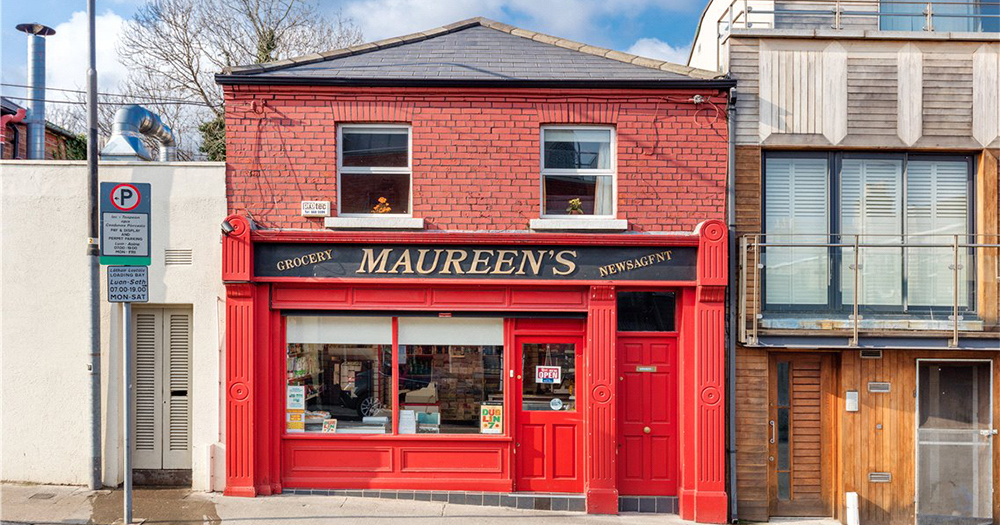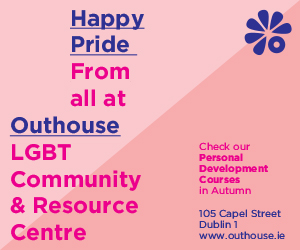Stoneybatter is the country’s biggest gay neighbourhood, according to Daft.ie. A recently released report by the property website suggests 8.9% of its population are in same-sex relationships.
Taking a further look, the top ten ‘Pride Filled Places’ were all situated in Dublin and were tabulated per percentage of the area’s total population. Here’s the full rundown:
- Stoneybatter – 8.9%
- Grand Canal Dock – 8.3%
- Christchurch – 8.2%
- Dublin 8 – 7.9%
- Drumcondra – 7.9%
- Ranelagh – 7.6%
- Rathmines – 7.6%
- Smithfield – 7.5%
- East Wall 7.3%
- Dublin 1 – 7%
The research was conducted by Ronan Lyons, an economist and assistant professor of economics in Trinity College. He said “In Dublin’s ten most ‘Pride-Filled Places’, 8% of the population are in same-sex relationships, almost three times the fraction elsewhere in the city. The top ten areas saw their share in same-sex relationships rise from 5.6% in 2011 to 8% in 2016. Elsewhere in the city, the share rose by just 0.2%. Unsurprisingly, this strong level of demand in these neighbourhoods is pushing up sale and rental prices.”
For the basis of the report, same-sex couples were defined as households where there were only two inhabitants of the same gender and over the age of 30. The report is obviously not a perfect measure, as it may overstate the presence of same-sex couples, counting same gender siblings or housemates who may cohabitate. On the other hand, it may also understate same-sex couples as it doesn’t capture households where said couples share their property with others.
In an interesting trend, rents in those neighbourhoods with a higher same-sex couple population are on average €150 more expensive per month than in other urban areas, with house prices in those areas rising 72% in the last five years compared with 60% in neighbouring districts. This begs the question have same-sex couples upscaled their areas or are they attracted to certain types of neighbourhoods? Do they follow their LGBT+ friends, do they research LGBT+ friendly areas or is the whole thing a matter of coincidence?
Martin Clancy from Daft finished the report by saying: “This data serves both as a celebration and barometer of social change in Ireland over the last number of years. [It’s] informative about the evolution of Dublin’s neighbourhood’s and the clear emergence of pride-filled places in the capital.”
© 2018 GCN (Gay Community News). All rights reserved.

